Keep yourself informed about the latest scams, how you can identify them and what to do if you think you have been scammed.
Scammers are getting smarter and taking advantage of new technology, new products & services, and major events to create believable stories that may convince you to give them your money or your personal details. Scams target people of all backgrounds, ages, and income levels across Australia and they succeed because that look like the real thing and they catch you off guard when you’re not expecting it.
Here’s some tips to protect yourself from scams
Be alert to the fact that scams exist.
When dealing with uninvited contact from people or businesses, whether it’s over the phone, by mail, email, in person or on social media sites, always consider the possibility that the approach may be a scam. A reputable business, including financial institutions, will never contact you asking you to provide personal information, passwords, passcodes, or to transfer funds to another account, or pay using gift cards.
Know who you’re dealing with
If you’ve only ever met someone online take some time to do a bit more research and try to make contact in different way. If a message or email comes from a friend or family member and it seems unusual or out of character contact them directly on the phone number you usually use to check it really was them. If you were not expecting a phone call, email or text message don’t provide any personal information.
Keep your personal details private and secure
Put a lock on your letter box, shred any documents that have personal information and keep important documents secure. Be careful how much personal information you share on social media as scammers can manipulate your information to create fake identities or to target you with a scam.
Don’t open suspicious links
Whether in a text message, pop-up windows on your computer or social media, or a link or attachment you receive via email always be cautious about clicking. It’s better to just delete these or at the very least verify the identify of the contact through another means (phone book, online search) NOT using the contact details in the suspicious message.
Password protection
Set up passwords for your phone and computer, ensure your home WiFi is protected with a password and avoid using public computer or Wifi to access online banking or provide personal information.
Never share your passwords or PIN numbers. Make sure you change passwords regularly and maintain good password security (combinations of number, letters, different cases, symbols)
Never allow remote access to your computer
Don’t respond to phone calls about your computer asking for remote access – just hang up – even if they mention a well-known company or a company you’re involved with. Scammers will often ask you to turn on your computer to fix a problem or install a free upgrade. That’s not what they’re doing – they’re installing malware that enables them to steal your passwords and personal details.
Beware of requests for your details or your money
Never send money or give your card details, online account details or copies/photos of personal documents to anyone you don’t know or trust, and don’t agree to transfer money or goods for someone else. Beware of unusual payment requests such as scammers asking you to pay using preloaded debit cards or gift cards. No reputable business will ask you to make payments in that manner.
Be careful shopping online
Beware of offers that seem too good to be true and always use an online shopping service that you know and trust.
What to do if you’ve been scammed
If you’ve lost money to a scam, or given out your personal details to a scammer please call FSCU on 08 8227 2222 during business hours.
Alternatively visit Scamwatch’s “Where to get help” page What to do if you’ve been scammed | Scamwatch which outlines the steps you should take if you have fallen victim to a scam.

